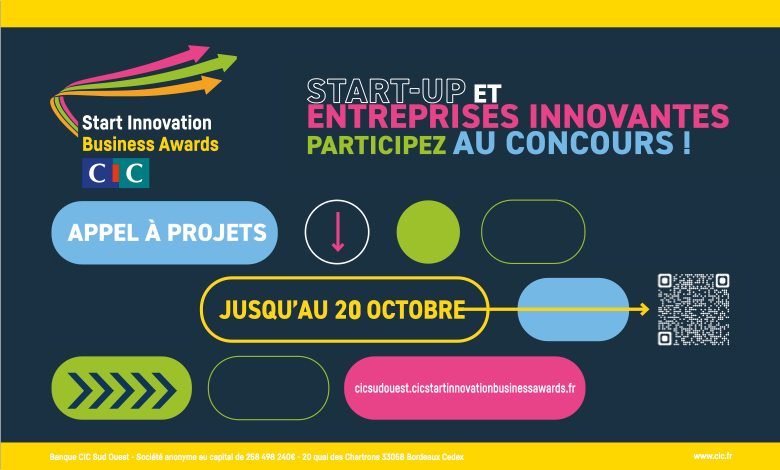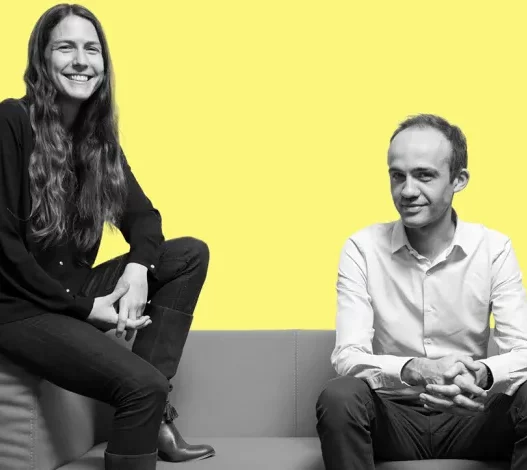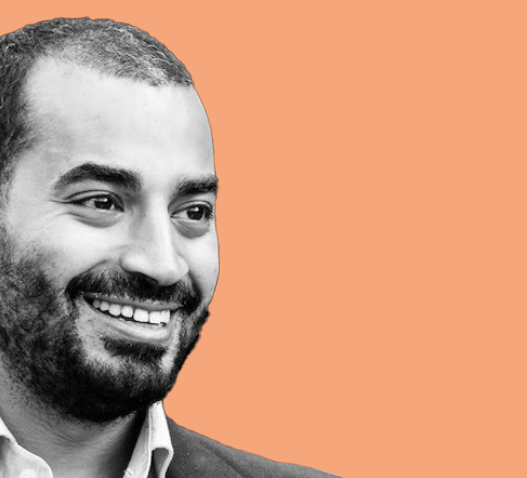Faced with the explosion in data storage needs, traditional infrastructures are struggling to keep up. Currently, 60% of data generated today is stored on magnetic tapes, a market estimated at $6.5 billion in 2023, which is expected to exceed $40 billion by 2030.
Providing a more cost-effective alternative with a stronger ecological impact than existing solutions is one of the objectives of French startup BIOMEMORY, which is working on a groundbreaking solution: storing digital data on DNA.
The concept of storing data on DNA was introduced by Richard P. Feynman in 1959 and has since been explored by various universities and companies. Recent technological advancements, combined with pressing environmental challenges, have made this approach increasingly relevant. Many researchers, including teams at MIT and the University of North Carolina, have developed systems to identify and protect DNA strands used for storage.
In this context, DNA emerges as a compelling alternative. Capable of storing 215 petabytes of data (215 million gigabytes) per gram, DNA is far denser than current technologies. Additionally, it requires neither energy nor water for preservation and remains stable at room temperature.
Biomemory’s technological vision
Founded in 2021, BIOMEMORY leverages synthetic biology to develop processes that produce long, bio-sourced, biocompatible, and bio-secure DNA fragments. The company transforms biomass into digital data, creating a system it calls DNA DRIVE. This approach enables stable storage entirely independent of energy resources. Ultimately, BIOMEMORY aims to drastically reduce storage costs: while current DNA synthesis solutions cost approximately $1 per kilobyte, the company targets a cost of $1 per terabyte after optimization.
Following a €5 million seed funding round led by eureKARE and the French Tech Seed Fund (managed by Bpifrance), BIOMEMORY has raised €17 million in a funding round led by CREDIT MUTUEL INNOVATION. This new funding will be used to further develop the technology, industrialize processes, and launch a pilot phase by 2030.





















